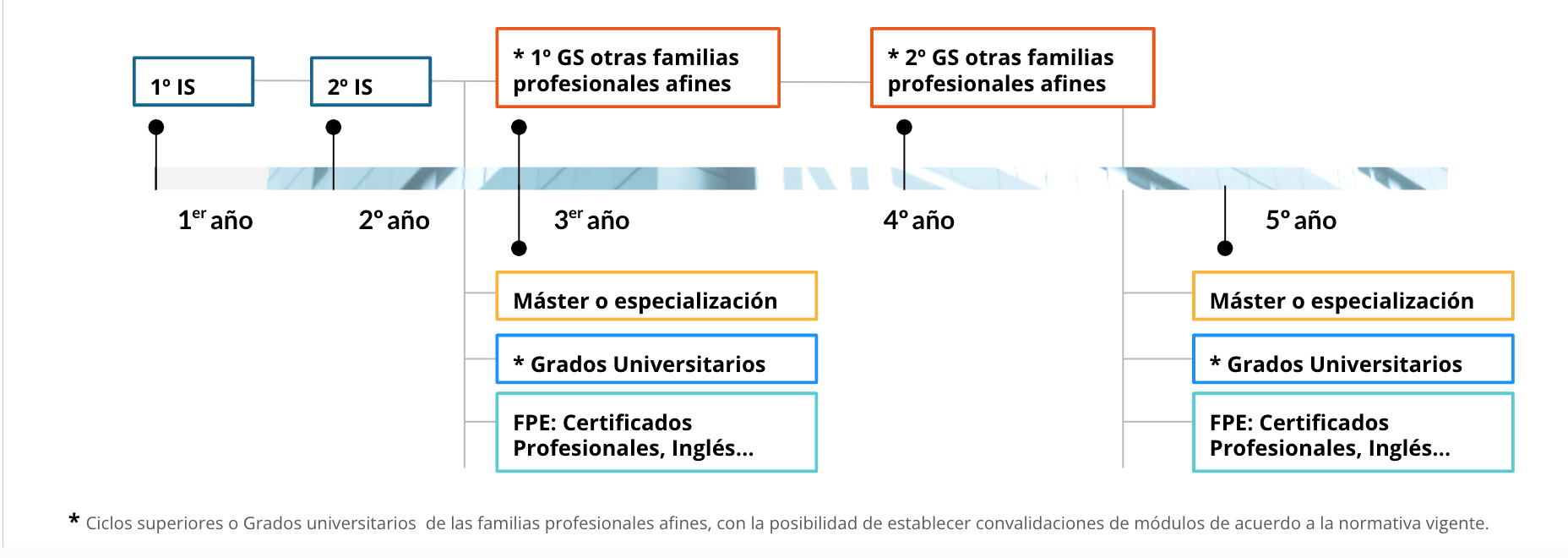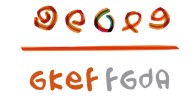Social integration
A profession focused on inclusion, innovation and social sustainability.
Presentation
Description of the course:
The Advanced VET (Vocational and Educational Training) course in Social Integration is focused on professional training and the design and implementation of social interventions that contribute to people’s well-being. This field requires professionals committed to social change, equal opportunities and respect for the particularities of each person.

Why choose this course:
Social engagement and empathy
This course is aimed at people who are aware of human needs, who want to learn how to promote people’s autonomy and who work for social inclusion, innovation and social sustainability, by, for and from people.
ACP (Person Centred Care)
The people who work as social integrators are versatile professionals who can work in a multitude of fields, and this requires training adapted to social change. Nazaret trains individuals to become professionals in Social Integration with an ACP approach (Person-Centred Care). Moreover, it is also possible to complement this training with the Speciality «Leading professional within the Framework of Person-Centered Care», which implies training under a new approach to care and understanding of intervention in the social and healthcare fields.
.
Nuestro alumnado habla:
Internships in companies:
You will begin to undertake work experience in companies dueinf the first year, and in the second year there is the possibility of doing workplace training in DUAL or Erasmus mode.
Some of the companies that collaborate with us are:
Erasmus:

«An enriching experience which makes you grow and learn to stand on your own two feet both professionally and personally. You discover new facets of yourself and also everything you can contribute to others».
M.Aramburu,
Beneficiary scholarship for recent Erasmus+ graduates
Studies related to this cycle:
Syllabus
First year
Context of social intervention 99h
Attention to cohabitation units 165h
Promoting personal autonomy 198h Augmentative and alternative systems of communication 165h
The methodology of social intervention 132h
Social skills 132H
Vocational Training and career guidance 99h
Second year
Socio-labour insertion 200h
Community mediation 120h
Educational intervention support 120h
First aid 60h
Social integration project 50h
Technical English 40h
Business and entrepreneurship 60h
Training in the workplace 360h
What do you want to study after this course?

University Studies: Social Education , Early Childhood Education, Primary Education, Pedagogy, Social Work, Social Anthropology, Criminology, Sociology, Political Science, Labour Relations and HR.
Discover the career opportunities of this course
The areas in which social integrators can develop professionally are:
- Childhood and Adolescence in vulnerable situations
- Educational Support
- Functional and/or Intellectual Diversity Situations of Dependency
- Drug Dependencies
- Mental Health
- Gender-based Violence
- Elderly People
- Immigration
- Social Exclusion
The resources in which they can be part of the professional teams are:
- Educational Centres
- Socio-labour
- Insertion Centres
- Community Programmes Associations and NGOs
- Sheltered housing or group support housing
- Specialised care centres
- Therapeutic Communities
- Social Services and Public Administration.
Entry requirements
Access to Advanced VET (Vocational Education and Training) courses or modules requires the fulfilment of one of the following conditions:
- Proof of possession of the Baccalaureate Diploma, or a certificate certifying that you have passed all the subjects of the Baccalaureate.
- Successful completion of the 3rd year of BUP (Bachillerato Unificado Polivalente): Accreditation by means of academic certification of having passed all the subjects leading to the award of the Baccalaureate diploma regulated by Law 14/1970, of 4 August, General Education and Financing of the Educational Reform, after the finalisation of the third year of these courses. Order EFP/1210/2021 of 2 November, which establishes the equivalence, for the purposes of access to vocational training courses, of certain studies and qualifications prior to the current education system.
- Successful completion of the second year of any experimental baccalaureate.
- Proof of possession of a VET qualification (Intermediate Vocational Education and Training).
- Proof of possession of an Advanced VET qualification for academic purposes.
- Successful completion of the University Orientation Course (COU).
- Proof of possession of a university degree or equivalent.
- To have passed the entrance exam for Advanced VET courses (you must be at least 19 years old in the year in which the exam is taken or 18 for those who hold a Technical qualification).
- To have passed the university entrance exam for students over 25 years of age.






